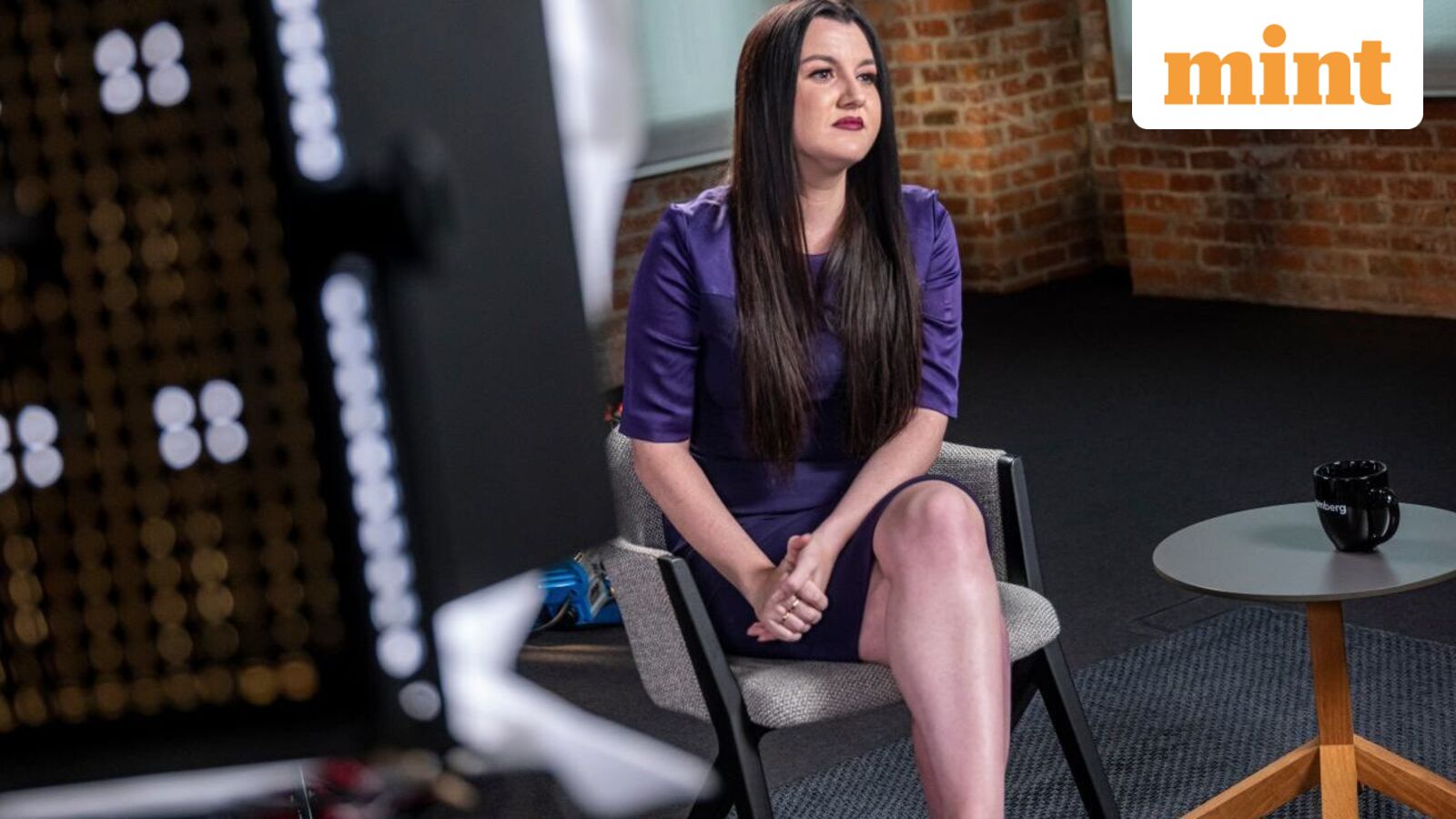Science
Meta and OpenAI Shift AI Chatbots Towards Advertising and E-Commerce

Companies are increasingly exploring monetization strategies for artificial intelligence (AI) chatbots as operational costs rise. Both Meta Platforms and OpenAI are pivoting towards advertising and e-commerce models, reminiscent of past internet revenue strategies. This shift comes as Meta, the parent company of Facebook and Instagram, plans to invest heavily in AI infrastructure, aiming to offset the financial demands of its growing chatbot services.
In 2023, Meta allocated approximately $37 billion to develop AI data centers, with projections indicating an increase to around $70 billion by 2025. This substantial investment is driven by the need for enhanced computing power, evidenced by a recent $14 billion cloud contract with CoreWeave, extending through 2031. Unlike industry leaders such as Amazon.com and Microsoft, which monetize their AI servers, Meta’s strategy focuses on internal use, significantly impacting its financial landscape. For the first time as a public company, Meta reported more debt and lease liabilities than cash and short-term investments in the second quarter of 2023.
Despite these challenges, CEO Mark Zuckerberg remains optimistic about the company’s future. In earnings calls, he emphasized the importance of scaling Meta AI, Meta’s competitor to ChatGPT. “First, we build and scale the product, and then once it is at scale, we focus on revenue,” Zuckerberg stated. He anticipates that the company will prioritize scaling and user engagement for at least the next year before significantly pursuing monetization strategies.
Meta’s revenue model has historically relied on advertising, a trend that continues with the launch of its latest social media platform, Threads, in July 2023. By January 2025, Threads had amassed over 300 million monthly users, prompting Meta to introduce advertisements to the platform. With Meta AI also exceeding one billion monthly users, the company is set to deploy AI chat capabilities for more targeted advertising within its social media applications. The potential for placing ads directly within AI chats is on the horizon.
OpenAI, the creator of ChatGPT, is navigating a similar path towards monetization. The company, still largely funded by investors, faces the challenge of demonstrating profitability amid significant financial obligations totaling hundreds of billions of dollars. While Meta benefits from substantial revenues generated by Facebook and Instagram, OpenAI’s growth is primarily driven by subscription services. However, a large portion of the 700 million weekly users of ChatGPT continues to utilize the free version, complicating its efforts to cover operational costs.
To bolster its advertising and e-commerce strategy, OpenAI appointed Fidji Simo as CEO of Applications in May 2023. With a background that includes leading the Facebook app and serving as CEO of Instacart, Simo brings valuable expertise in advertising and e-commerce. Although OpenAI has not commented on her new role, her appointment suggests a strategic shift towards monetizing the platform through advertising and shopping.
Recent developments from OpenAI highlight this transition. In collaboration with payment processor Stripe, ChatGPT now allows users to search for and purchase items from Etsy without leaving the chatbot interface, a feature dubbed Instant Checkout. Following this, millions of Shopify stores are expected to join ChatGPT’s e-commerce platform, paving the way for increased advertising opportunities.
The trajectory of AI chatbots towards advertising and e-commerce mirrors the evolution seen in Web 2.0 platforms. Initially, these platforms flourished on investor funding, allowing them to expand their user bases significantly. Once they reached critical mass, they shifted focus to attracting advertisers and sellers, ultimately prioritizing shareholder satisfaction.
As the landscape evolves, both Meta and OpenAI are poised to follow this familiar pattern, with the understanding that the path to profitability could be prolonged, given their substantial ongoing expenditures. This shift not only reflects changing business models but also underscores the potential impact on user experience as advertising becomes more integrated into AI interactions.
-

 World5 months ago
World5 months agoSBI Announces QIP Floor Price at ₹811.05 Per Share
-

 Lifestyle5 months ago
Lifestyle5 months agoCept Unveils ₹3.1 Crore Urban Mobility Plan for Sustainable Growth
-

 Science4 months ago
Science4 months agoNew Blood Group Discovered in South Indian Woman at Rotary Centre
-

 World5 months ago
World5 months agoTorrential Rains Cause Flash Flooding in New York and New Jersey
-

 Top Stories5 months ago
Top Stories5 months agoKonkani Cultural Organisation to Host Pearl Jubilee in Abu Dhabi
-

 Sports4 months ago
Sports4 months agoBroad Advocates for Bowling Change Ahead of Final Test Against India
-

 Science5 months ago
Science5 months agoNothing Headphone 1 Review: A Bold Contender in Audio Design
-

 Top Stories5 months ago
Top Stories5 months agoAir India Crash Investigation Highlights Boeing Fuel Switch Concerns
-

 Business5 months ago
Business5 months agoIndian Stock Market Rebounds: Sensex and Nifty Rise After Four-Day Decline
-

 Sports4 months ago
Sports4 months agoCristian Totti Retires at 19: Pressure of Fame Takes Toll
-

 Politics5 months ago
Politics5 months agoAbandoned Doberman Finds New Home After Journey to Prague
-

 Top Stories5 months ago
Top Stories5 months agoPatna Bank Manager Abhishek Varun Found Dead in Well









